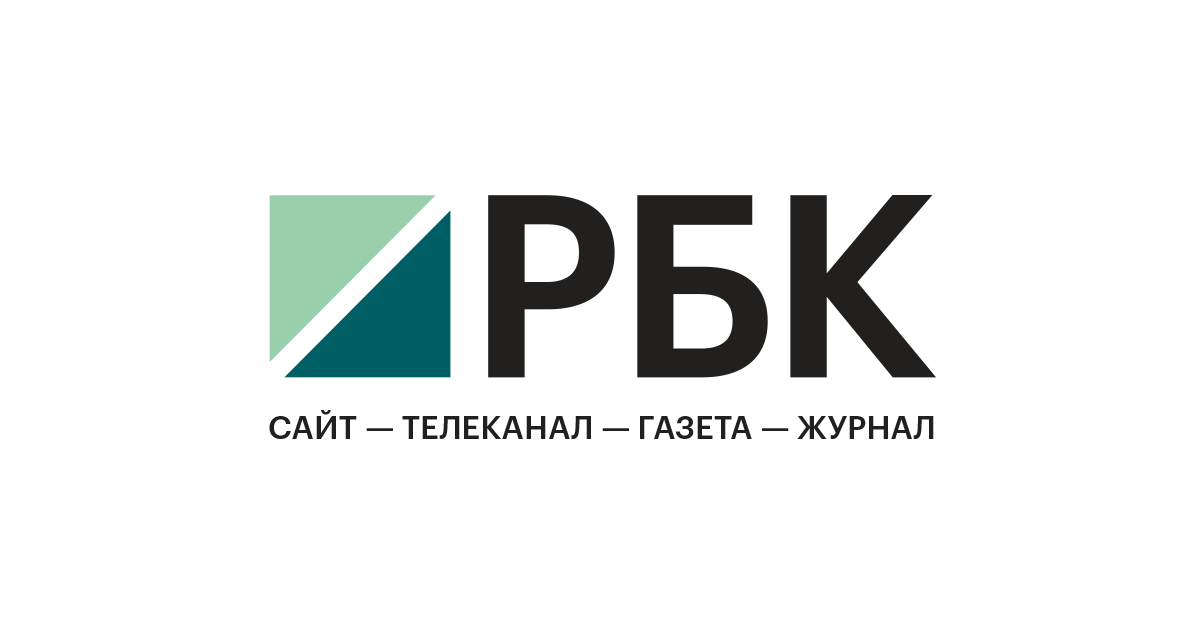Autodesk's Decision to Block Russian Developers Raises Concerns Over Data Security and Access
July 19, 2024, 3:31 am
In a recent development, Autodesk, a leading developer of software products such as AutoCAD and 3ds Max, has taken steps to selectively block users in Russia from accessing their services. This move has sparked concerns among Russian developers and designers who rely on Autodesk's tools for their projects.
Reports indicate that some users in Russia have been cut off from accessing the cloud services where their project documentation is stored. This has left many in a state of uncertainty, as they are unable to retrieve crucial data needed for ongoing projects. The block appears to target users who have been circumventing restrictions by purchasing licenses through third countries or using VPNs to access Autodesk services.
The implications of this block are significant for the Russian development community. Without access to their project data, developers may face delays in project completion and could potentially breach contractual obligations. The loss of access to Autodesk's services has left many scrambling to find alternative solutions to continue their work effectively.
Furthermore, the decision by Autodesk to restrict access for Russian users is a response to sanctions imposed by the European Union. These sanctions prohibit the supply of certain software for production and industrial design to organizations registered in Russia. As a result, Autodesk has been forced to implement these restrictions, further complicating the situation for developers in the region.
The impact of this block extends beyond just access to software services. It raises concerns over data security and the protection of intellectual property. With the possibility of data being deleted or accounts being removed, developers are left vulnerable to potential data loss and security breaches. This could have long-lasting repercussions for businesses and individuals who rely on Autodesk's tools for their work.
In response to these challenges, some developers may attempt to continue using Autodesk services through VPNs or by accessing them from other countries. However, this workaround may not guarantee success, as Autodesk could implement targeted blocks to prevent access from Russian users.
The situation has also prompted a shift in the Russian development community towards seeking alternative solutions to Autodesk's products. Technical universities in Russia have begun replacing Autodesk software with domestic engineering solutions, such as "Kompas-3D" and Delta Design, for design and modeling tasks. This shift reflects a broader trend towards reducing reliance on foreign software in light of geopolitical tensions.
Overall, Autodesk's decision to block Russian developers from accessing their services has raised significant concerns within the development community. The move highlights the challenges faced by developers in navigating complex geopolitical landscapes and underscores the importance of data security and access in an increasingly interconnected world.
Reports indicate that some users in Russia have been cut off from accessing the cloud services where their project documentation is stored. This has left many in a state of uncertainty, as they are unable to retrieve crucial data needed for ongoing projects. The block appears to target users who have been circumventing restrictions by purchasing licenses through third countries or using VPNs to access Autodesk services.
The implications of this block are significant for the Russian development community. Without access to their project data, developers may face delays in project completion and could potentially breach contractual obligations. The loss of access to Autodesk's services has left many scrambling to find alternative solutions to continue their work effectively.
Furthermore, the decision by Autodesk to restrict access for Russian users is a response to sanctions imposed by the European Union. These sanctions prohibit the supply of certain software for production and industrial design to organizations registered in Russia. As a result, Autodesk has been forced to implement these restrictions, further complicating the situation for developers in the region.
The impact of this block extends beyond just access to software services. It raises concerns over data security and the protection of intellectual property. With the possibility of data being deleted or accounts being removed, developers are left vulnerable to potential data loss and security breaches. This could have long-lasting repercussions for businesses and individuals who rely on Autodesk's tools for their work.
In response to these challenges, some developers may attempt to continue using Autodesk services through VPNs or by accessing them from other countries. However, this workaround may not guarantee success, as Autodesk could implement targeted blocks to prevent access from Russian users.
The situation has also prompted a shift in the Russian development community towards seeking alternative solutions to Autodesk's products. Technical universities in Russia have begun replacing Autodesk software with domestic engineering solutions, such as "Kompas-3D" and Delta Design, for design and modeling tasks. This shift reflects a broader trend towards reducing reliance on foreign software in light of geopolitical tensions.
Overall, Autodesk's decision to block Russian developers from accessing their services has raised significant concerns within the development community. The move highlights the challenges faced by developers in navigating complex geopolitical landscapes and underscores the importance of data security and access in an increasingly interconnected world.

